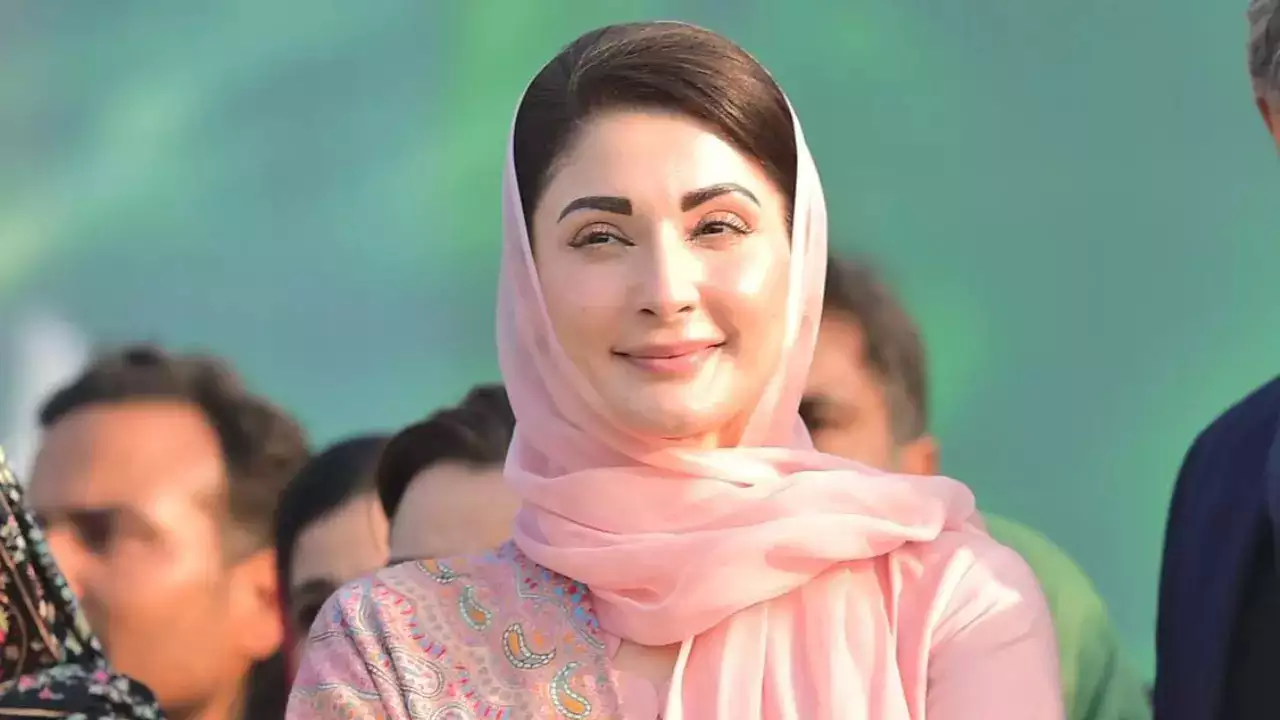In a significant move to bolster the governance structure of Punjab, Chief Minister Maryam Nawaz Sharif has approved the appointment of 17 new parliamentary secretaries to various provincial departments. These appointments are part of a broader strategy to enhance the efficiency and accountability of the government, ensuring effective implementation of policies and programs across the province.
The parliamentary secretaries will play a crucial role in assisting their respective ministers in legislative duties, policy formulation, and overseeing the execution of government decisions. This new cadre of parliamentary secretaries includes both seasoned politicians and young leaders, reflecting a balanced approach that combines experience with fresh perspectives.
List of New Parliamentary Secretaries and Their Portfolios
The following table provides a detailed list of the newly appointed parliamentary secretaries along with their designated departments:
| Name | Department | Portfolio |
|---|---|---|
| Usama Leghari | Agriculture Department | Parliamentary Secretary |
| Malik Iftikhar Ahmed | Auqaf and Religious Affairs | Parliamentary Secretary |
| Shoaib Owaisi | Board of Revenue | Parliamentary Secretary |
| Mansoor Azam | Energy Department | Parliamentary Secretary |
| Shehryar Malik | Excise and Taxation | Parliamentary Secretary |
| Malik Waheed | Food Department | Parliamentary Secretary |
| Ajmal Khan | Higher Education Department | Parliamentary Secretary |
| Sultan Bajwa | Housing Department | Parliamentary Secretary |
| Sonia Ashiq | Human Rights and Religious Affairs | Parliamentary Secretary |
| Hassan Askari Sheikh | Industries, Commerce, Investment | Parliamentary Secretary |
| Shazia Rizwan | Information and Culture | Parliamentary Secretary |
| Sahibzada Ghazin Abbasi | Labor and Human Resources | Parliamentary Secretary |
| Khalid Ranjha | Law and Parliamentary Affairs | Parliamentary Secretary |
| Khurram Warraich | Local Government and Community Development | Parliamentary Secretary |
| Muhammad Zubair | Mines and Minerals | Parliamentary Secretary |
| Rana Tariq | Planning and Development | Parliamentary Secretary |
| Ziaullah Shah | Punjab Emergency Services | Parliamentary Secretary |
Key Roles and Responsibilities
The newly appointed parliamentary secretaries will have several critical roles and responsibilities, including:
- Legislative Support: They will assist their respective ministers in legislative matters, helping draft, review, and advocate for bills and policies that align with the government’s vision and objectives.
- Policy Implementation: Parliamentary secretaries will play a pivotal role in ensuring that government policies are implemented effectively at the ground level. They will monitor progress, address challenges, and provide feedback to their ministers.
- Public Engagement: These officials will serve as a bridge between the government and the public, addressing concerns, gathering feedback, and ensuring that the needs of the community are reflected in government initiatives.
- Administrative Oversight: Parliamentary secretaries will oversee the administration of their departments, ensuring that resources are allocated efficiently and that departmental goals are met in a timely manner.
- Accountability and Transparency: By working closely with various stakeholders, parliamentary secretaries will help maintain high standards of accountability and transparency within their departments, promoting good governance and integrity.
Focus on Key Sectors
The appointments reflect a strategic focus on key sectors such as agriculture, energy, higher education, human rights, industry, and local governance. This targeted approach is designed to address some of the pressing challenges facing Punjab, including economic development, educational reform, and social welfare.
- Agriculture: Usama Leghari’s appointment to the Agriculture Department is expected to bring renewed focus on modernizing agricultural practices, supporting farmers, and boosting productivity. As agriculture is the backbone of Punjab’s economy, this role is crucial for the province’s economic stability.
- Energy: Mansoor Azam’s role in the Energy Department highlights the government’s commitment to tackling energy shortages and promoting sustainable energy solutions. His responsibilities will include overseeing energy projects, enhancing energy efficiency, and ensuring a reliable power supply for industrial and domestic use.
- Higher Education: Ajmal Khan’s appointment as the parliamentary secretary for the Higher Education Department underscores the government’s focus on improving the quality of education and expanding access to higher learning opportunities for the youth of Punjab.
- Human Rights and Religious Affairs: Sonia Ashiq’s role in the Human Rights and Religious Affairs Department will involve advocating for the protection of human rights, promoting religious harmony, and ensuring the welfare of marginalized communities.
- Industries, Commerce, and Investment: Hassan Askari Sheikh will play a vital role in fostering industrial growth, attracting investment, and promoting commerce. His efforts will be aimed at creating a business-friendly environment that can drive economic growth and job creation.
Public and Political Reaction
While the appointments have been welcomed by some political analysts and public figures as a positive step towards enhancing governance, there has been a significant amount of public dissatisfaction. Many citizens view these appointments as a form of political patronage, arguing that these positions are being used to reward loyalists rather than to genuinely improve governance. Critics claim that the creation of these parliamentary secretary roles serves more to expand the influence of the ruling party rather than addressing the core issues facing the province, such as unemployment, inflation, and public service delivery. Concerns have also been raised about the financial implications of these new appointments, with some questioning the necessity of increasing government spending on additional political offices at a time when many sectors are facing budget cuts.
The approval of these 17 parliamentary secretaries by Chief Minister Maryam Nawaz Sharif is a strategic move aimed at strengthening the administrative machinery of Punjab. While the government views this as an effort to enhance governance capabilities and address the needs of its citizens more effectively, public sentiment appears divided. Many are calling for greater transparency and accountability to ensure these appointments serve the interests of the province rather than those of the political elite. Moving forward, the effectiveness of these parliamentary secretaries in improving governance and service delivery will be closely watched by both the public and political observers.


Leave a Comment